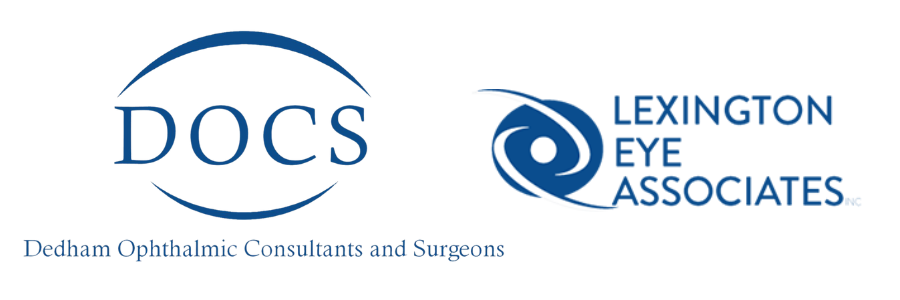Tired of Suffering From Your Chronic Dry Eyes?
Do you suffer from a feeling of having chronic dry eyes? Did you know that more than likely, you do not have enough quality tears to lubricate and nourish your eyes? Dry eyes is a common and often chronic problem, particularly for adults who are over the age of 45. Dry eyes can become problematic – whereas proper eye lubrication helps to maintain the health of the front surface of your eye, allowing for clearer vision. Without a properly hydrated eye, vision can often become distorted.
With each blink of the eyelids, tears spread across the front surface of the eye, known as the cornea. Tears provide lubrication, reduce the risk of eye infection, wash away foreign matter in the eye and keep the surface of the eyes smooth and clear. Dry eyes can occur when tear production is insufficient.
What is Causing My Dry Eye Condition?
The following factors are known to contribute to dry eye:
- MGD: Meibomian Gland Dysfunction. A chronic, progressive disease characterized by terminal duct obstruction and/or changes in the glandular secretion
- Age: Dry eyes are a part of the natural aging process. Most likely a majority of people over age 65 will experience symptoms of dry eyes.
- Medical Conditions: People with rheumatoid arthritis, diabetes, and thyroid problems are more likely to have symptoms of dry eyes. Additionally, people who suffer from problems with inflammation of the eyelids (blepharitis), inflammation of the surfaces of the eye, or the inward or outward turning of eyelids are also likely to experience dry eyes.
- Medications: Certain types of medication, including antihistamines, decongestants, blood pressure medications, and antidepressants, can cause a reduction in tear production.
- Gender: Women are more likely to develop dry eyes due to hormonal changes caused by pregnancy, the use of oral contraceptives and menopause.
- Environmental Conditions: Exposure to smoke, wind and dry climates are likely to increase symptoms of dry eyes.
- Computer Usage: Failure to blink regularly, while staring at a computer screen for long periods of time, can also contribute to drying of the eyes.
- Contact Lenses: Long-term use of contact lenses can be a factor in the development of dry eyes.
- Eye Surgery: Refractive eye surgery, such as LASIK, can decrease tear production and contribute to dry eyes.
What Treatments Are Available to Help Remedy My Dry Eyes?
Treatments for dry eyes aim to restore or maintain the normal amount of tears in the eye to minimize dryness and related discomfort and to maintain eye health.
The first thing is to determine whether or not you have dry eye or Meibomian Gland Dysfunction (MGD). Studies have indicated that nine out of 10 people who suffer from dry eye actually have MGD. MGD is a chronic, progressive disease characterized by terminal duct obstruction and/or changes in the glandular secretion.
If you have been suffering from chronic symptoms of a dry, irritated, and scratchy eyes, – you may have MGD.
If it is NOT MGD, have no fear! Our physicians and surgeons at Dedham Ophthalmic Consultants and Lexington Eye Associates are here to help. Come in for an evaluation. We are quite versed in treatment through the use of an eye drop regimen to punctal plugs, to surgical options. CALL 781.251.2222 and set up your dry eye screening.
Meanwhile, take the SPEED questionnaire to see if you might actually have MGD and are a good candidate for the Lipiflow treatment.


